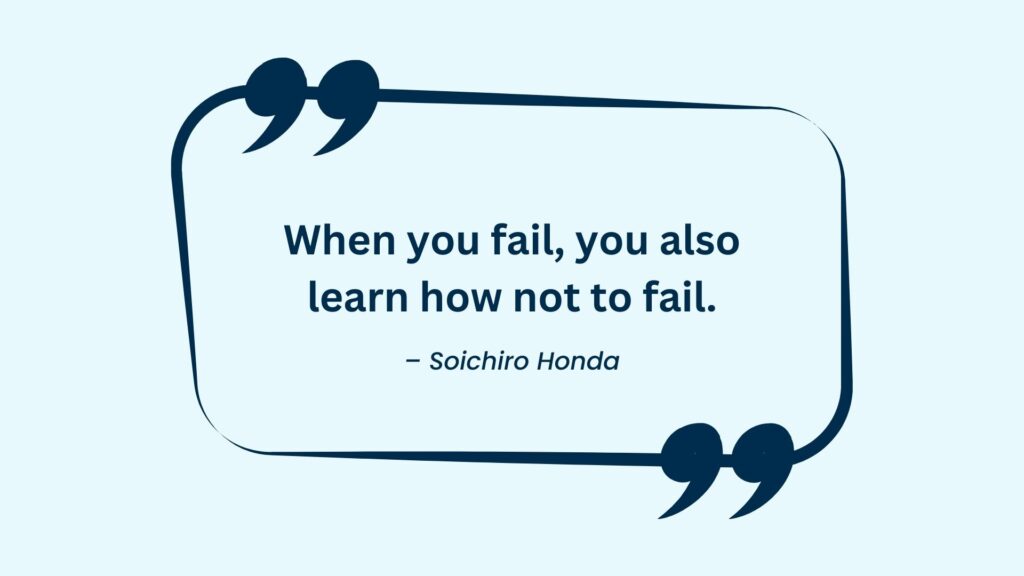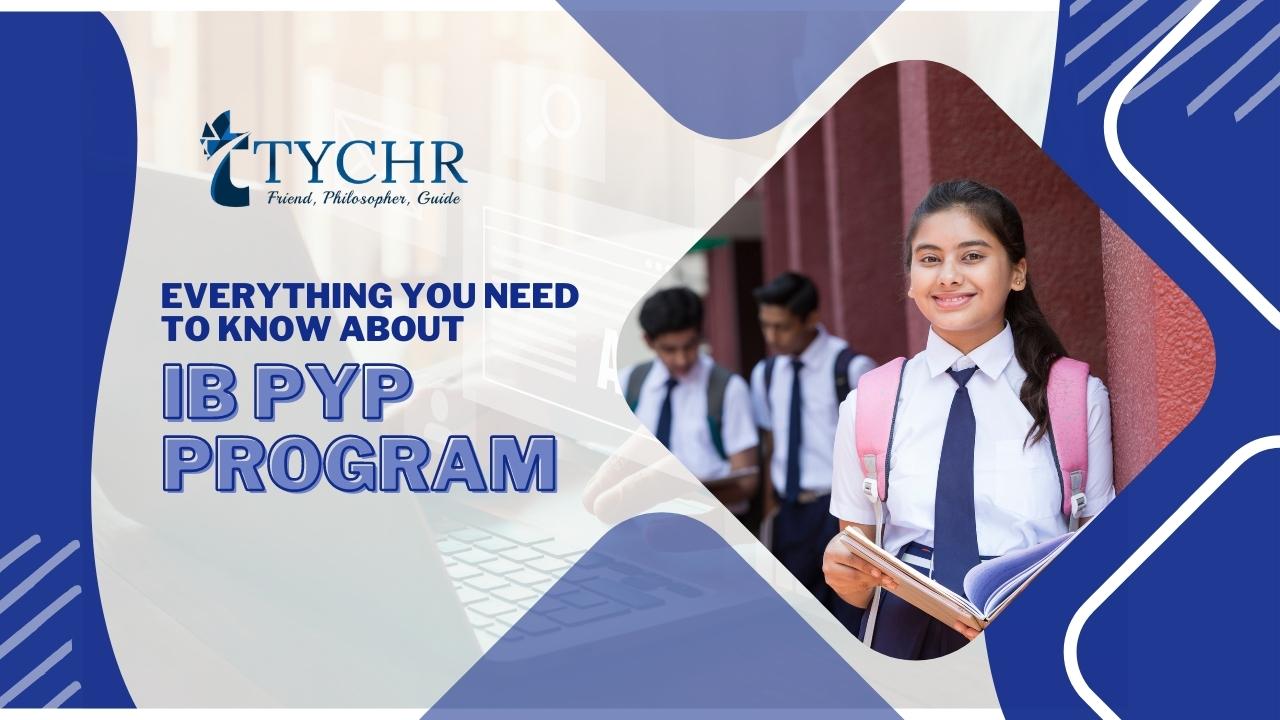Table of Contents
The IB Primary Years Programme (PYP) is an international curriculum made for children from years 3 – 12, to nurture and develop young students as caring, active participants in a lifelong journey of learning. This programme is based on recent educational research and believes that each child possesses their own unique personality, learning style and combination of intelligence types. IB PYP program offers an inquiry-based, transdisciplinary curriculum framework that develops conceptual understanding from a young age. It reflects the best of educational research, thought leadership and experience acquired from IB World Schools.
The PYP has grown to become a world leader in future-focused education. It is the best example of educational practice globally, responding to the challenges and opportunities facing young students in our rapidly changing world.
How is the PYP different from the MYP, DP and CP?
While the curriculum models for the MYP, DP and CP are interdisciplinary and multidisciplinary in nature, the PYP is transdisciplinary. Considering how young children learn, the PYP model moves learning across, between and beyond disciplines.
Why PYP?
The PYP focuses on the development of the whole child as an inquirer, both in school and in the world beyond. The IB PYP offers a transformative experience for students, teachers and whole school communities and delivers excellent outcomes by providing an education that is engaging, relevant, challenging and significant.
PYP learners know how to take ownership of their learning, collaborating with teachers to deepen understanding and increase their confidence and self-motivation. Through actively engaging in the integrated ongoing assessment they become effective, self-regulated learners who can act on constructive feedback.
Guided by six transdisciplinary themes of global significance, students broaden their learning by developing their conceptual understandings, strengthening their knowledge and skills across, between and beyond subject areas.
The PYP curriculum framework
There are 10 attributes in the IB learner profile. The PYP curriculum framework begins with the premise that students are agents of their own learning and partners in the learning process. It prioritizes people and their relationships to build a strong learning community.
PYP studies are based on six subject areas: language, social studies, mathematics, arts, science, and personal/ social/physical education. Students also work and play with specialists to explore language and culture, art, music, and physical education.
PYP students use their initiative to take responsibility and ownership of their learning. By learning through inquiry and reflecting on their own learning, PYP students develop knowledge, conceptual understandings, skills and the attributes of the IB Learner Profile to make a difference in their own lives, their communities, and beyond.
The framework emphasizes the central principle of agency, which underpins the three pillars of school life:
- The learner
- Learning and teaching
- The learning community.
Embedded in the framework is the recognition of the importance of fostering an individual’s self-efficacy. Students with a strong sense of self-efficacy are active in their own learning and take action in their learning community.
The IB PYP program offers a curriculum that helps its students develop knowledge, conceptual understandings, skills and the aforementioned attributes of the IB Learner profiles. The framework offers in-depth, inquiry-based learning that is engaging.
The pillars of the curriculum framework are as such:
- The learner: they are agents of their own learning and partners in the learning process
- The learning and teaching: Along with the teaching being engaging, the curriculum is articulated in a way for it to be challenging and significant for the young minds.
- The learning community: The IB unites a worldwide community of learners who believe that education can help to connect and build a better, more peaceful world.
The PYP encourages students to learn to appreciate the knowledge, conceptual understandings, skills and personal attributes as a connected whole.
Each school collaboratively develops a programme of inquiry to reflect the unique aspects of that school’s community. The programme of inquiry is organized and framed by six transdisciplinary themes:
- Who we are.
- Where we are in place and time.
- How we express ourselves.
- How the world works.
- How we organize ourselves.
- Sharing the planet.
These transdisciplinary themes together provide children with authentic learning experiences that are not confined to the boundaries of traditional subjects. Although subjects play an important role in learning, PYP learners explore real-world problems by going beyond subject boundaries. Students have opportunities to reflect on the significance of their learning to take meaningful action in their community and the wider world.
The programme of inquiry articulates how the six transdisciplinary themes will be explored across the different age groups. It provides students in the early and primary years with the opportunity to experience a coherent and balanced curriculum.The PYP framework is dynamic because a transdisciplinary programme of inquiry leaves room for emergent and unexpected ideas, directions and connections that students might encounter.

Specifically, students and teachers engage with:
- The programme of inquiry—the structure that articulates what, when and how learners explore the transdisciplinary themes from 3–12 years
- Concepts that have relevance across, between and beyond the subjects and that connect knowledge to enable learners to build conceptual understandings
- The approaches to learning and approaches to teaching are both crucial for developing inquiring minds and the skills needed to explore concepts and subject knowledge
- Reflection and taking action to enhance individual and collective understanding and learning or to address personal, local and/or global challenges and opportunities.
Also Read – Is going through the International Baccalaureate (IB) program worth it?
Overview
All in all, the IB PYP program allows students to be well-rounded, equipped with necessary skills and exposed to the real world from a young age. Unlike most boards, IB PYP is guaranteed to help children gain maturity and develop their skill-set significantly. The IB PYP focuses on their social, physical, emotional, and cultural needs as part of a strong academic. The PYP curriculum emphasises internationalism. The PYP promotes students’ efforts to get a better awareness of the world and to function comfortably within it, as well as their efforts to create personal values as a foundation for developing and flourishing international-mindedness. Alternative viewpoints, working methods, and statistics from throughout the world are presented to the students. Teachers employ tried-and-true tactics from a variety of places while also seeking out new ideas from many cultures.
https://www.ibo.org/programmes/primary-years-programme/
Frequently Asked Questions (FAQs)
Q1: What is the IB PYP program?
A: The International Baccalaureate (IB) Primary Years Programme (PYP) is an educational program designed for students aged 3 to 12 years. It focuses on the development of the whole child and aims to create internationally minded individuals who are responsible, compassionate, and lifelong learners.
Q2: What are the key components of the IB PYP program?
A: The key components of the IB PYP program include inquiry-based learning, transdisciplinary teaching, a focus on developing the learner profile, and an emphasis on international-mindedness.
Q3: What is inquiry-based learning?
A: Inquiry-based learning is a teaching and learning approach that places the learner at the center of the learning process. It involves posing questions and problems that students can explore and investigate, leading them to develop a deep understanding of concepts and ideas.
Q4: What is transdisciplinary teaching?
A: Transdisciplinary teaching involves breaking down the barriers between traditional subject areas and connecting learning to real-world issues and themes. It encourages students to make connections between different subject areas and to develop a holistic understanding of the world around them.
Q5: What is the learner profile?
A: The learner profile is a set of attributes that the IB aims to develop in all students who participate in the PYP program. The attributes include being principled, open-minded, reflective, knowledgeable, caring, risk-takers, balanced, communicators, thinkers, and inquirers. The learner profile is intended to help students become responsible global citizens who are prepared for the challenges of the 21st century.








